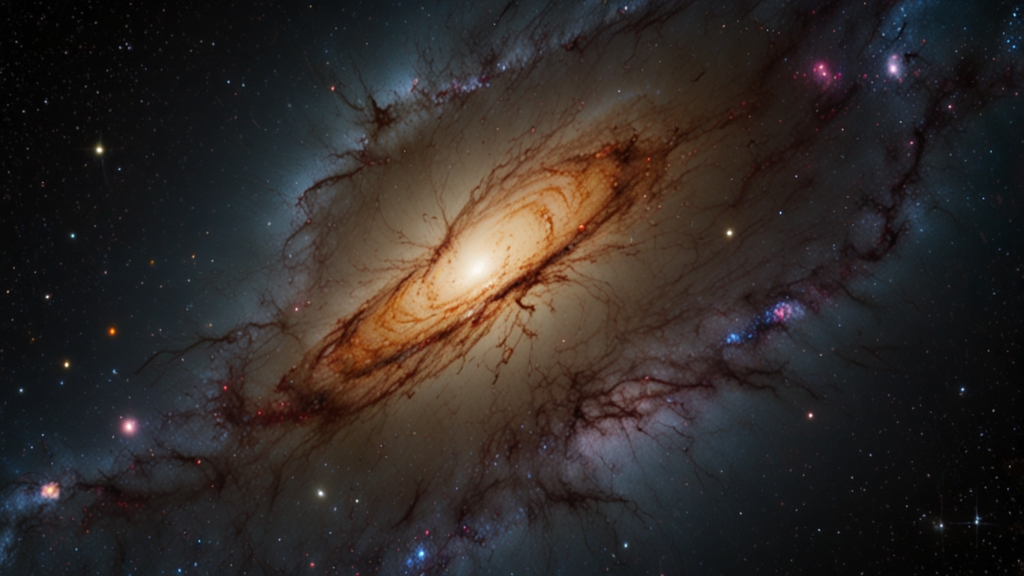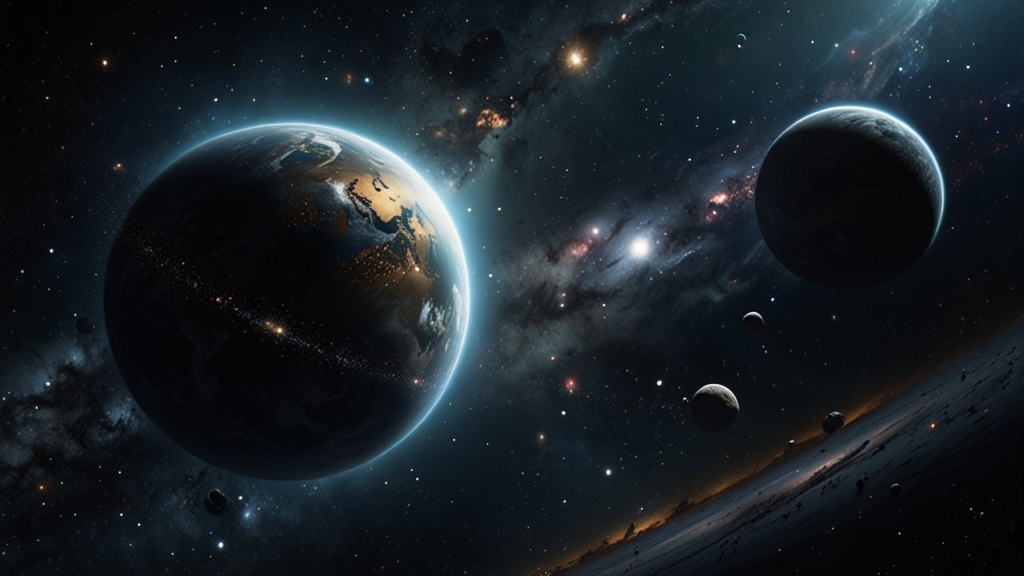Rethinking Ethics: New Perspectives for an Old Debate
Ethics, the philosophical domain that addresses questions of morality, has been under reconsideration in recent years. The rapid pace of technological advancement, along with burgeoning global challenges, has prompted scholars and practitioners alike to seek new perspectives. This article delves into how contemporary thinkers are reshaping the ethical landscape, providing fresh insights into an age-old debate.
A Brief Overview of Traditional Ethical Theories
Historically, ethical discussions have been framed around several principal theories. Utilitarianism, advocated by philosophers like Jeremy Bentham and John Stuart Mill, suggests that the morally right action is the one that maximizes overall happiness. Deontological ethics, exemplified by Immanuel Kant, posits that actions are morally right based on adherence to duty and rules, regardless of the consequences. Virtue ethics, rooted in Aristotle’s philosophy, emphasizes character and moral virtues as central to ethical behavior.
Emerging Ethical Challenges
Contemporary society faces ethical dilemmas that were unimaginable in earlier times. Consider the implications of artificial intelligence, genetic modification, and climate change. These challenges raise questions that extend beyond the scope of traditional ethical theories.
“The ethical landscape is evolving, and we must develop robust frameworks to navigate these emerging dilemmas.” – Dr. Rebecca Lawson, Ethics Professor
Technological Impacts and Ethical Considerations
The evolution of technology, particularly artificial intelligence (AI), necessitates a rethinking of ethics. AI systems raise questions about agency, accountability, and the distribution of power. Who is responsible when an autonomous vehicle causes an accident? How should we address biases embedded in machine learning algorithms?
Additionally, the potential for genetic modification through CRISPR technology has sparked debates over the ethical limits of altering human DNA. Issues of consent, potential long-term consequences, and the moral status of genetically modified organisms are central to these discussions.
Global Environmental Ethics
Environmental ethics is another area undergoing significant reevaluation. The urgency of climate change compels a global ethical response that transcends traditional human-centered moral theories. The shift towards viewing the environment as an entity with intrinsic value, rather than merely a resource for human use, suggests a new ethical paradigm.
Indigenous philosophies, which often emphasize harmony with nature and intergenerational stewardship, are gaining attention as models for sustainable ethical practices. These perspectives challenge dominant paradigms and offer valuable insights for addressing environmental crises.
Cross-Cultural Ethical Dialogues
The globalization of society has led to increased interaction between diverse cultures, each with its own ethical frameworks. Cross-cultural ethical dialogues encourage mutual understanding and the integration of different moral perspectives into a cohesive global ethic. This pluralistic approach respects cultural specificity while seeking universally applicable ethical principles.
“Cross-cultural engagement enriches our understanding of ethics, pushing us to consider a broader array of values and moral insights.” – Professor Mia Lopez, Cultural Ethics Expert
Conclusion: Towards a Dynamic Ethical Framework
As society progresses, so too must our ethical frameworks. Engaging with new perspectives, integrating insights from diverse cultures, and addressing the unique challenges posed by technological and environmental developments are crucial steps. By rethinking ethics, we forge pathways towards more nuanced, inclusive, and applicable moral guidelines for navigating our increasingly complex world.
In conclusion, the ongoing reexamination of ethics not only revitalizes an ancient debate but also equips us to tackle contemporary challenges with greater acuity and moral clarity. It is through this continuous dialogue that we evolve our ethical understandings to better serve humanity and the planet.











